One of the most surprising early figure heads of the Christian Church was James the brother of Jesus. Early in Christian history he was nicknamed “James the Just” to differentiate him from James the apostle of Christ, and the many other James that existed at the time. But why “the Just”? Early Christian writers speak of James as exemplary in his religious life. Living for God as a Jew sanctified and dedicated to Jesus Christ. The New Testament tells us much the same of James once he became a Christian, though it doesn’t give us as much detail as we may like.
The first mention of James in the gospels comes from Matthew 13, when Jesus preaches in Nazareth he is met with skepticism because the people had known him from childhood and knew his parents, naming his mother, four brothers James, Joseph, Simon, and Judas, and mentioning that he also had sisters. Unimpressed with Jesus’ origins, most of his hometown neighbors couldn’t respect him as a teacher. In Mark 3, we learn that his brothers and mother travelled to him to try to make him stop his ministry, thinking that he was out of his mind. And in John 7 his brothers try to convince him to go to the Passover festival in Jerusalem to essentially promote or prove himself as a public teacher, it is noted in the gospel that they did not believe in him. In their culture, family honor was of utmost importance. Jesus being so controversial would have brought the family into shame and disrespect.
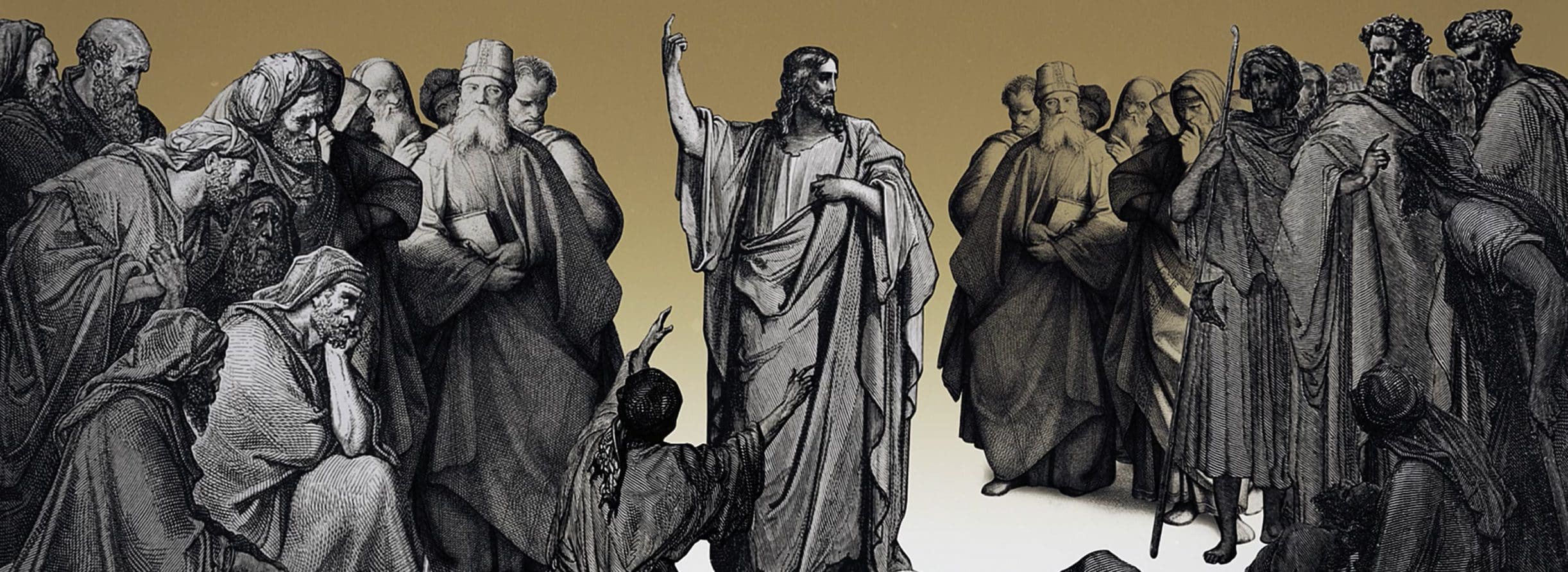
The next time we hear about James and the brothers of Christ in the Bible is in Acts 1 after the death and resurrection of Christ. They are with the apostles and close disciples of Christ, dedicating themselves to prayer and waiting for the Holy Spirit that Jesus promised. So, at some point between John 7 and Acts 1 the brothers of Christ went from skeptics to followers of him. Our only insight comes from 1 Corinthians 15:7 when the apostle Paul is describing the resurrection appearances of Jesus, he says that Jesus appeared to James and then the rest of the apostles. It seems that Jesus met with his brother and for James and the rest, it changed everything.
Very quickly, James rose in respect and position in the Christian church in Jerusalem. James then became a prominent leader of the Jerusalem church, the apostle Paul called him a pillar of the Church (Galatians 2:9) and speaks of him as on the same level or higher than the other 12 apostles (Gal. 1:19, 2:11-13). James seems to have settled well into the leadership of the Jerusalem church; when a council was held to figure out what should be done with Christian Gentiles, whether they should also follow the Mosaic law or not, it is James who is given the last word. He discerns that Gentile Christians do not need to follow the Law though they do need that the Holy Spirit has approved Gentile Christians apart from the law, and so they should remain (Acts 15). James then exhorts the church to teach the Gentiles to separate themselves from pagan practices, though they do not need to take while not taking up Jewish ones.
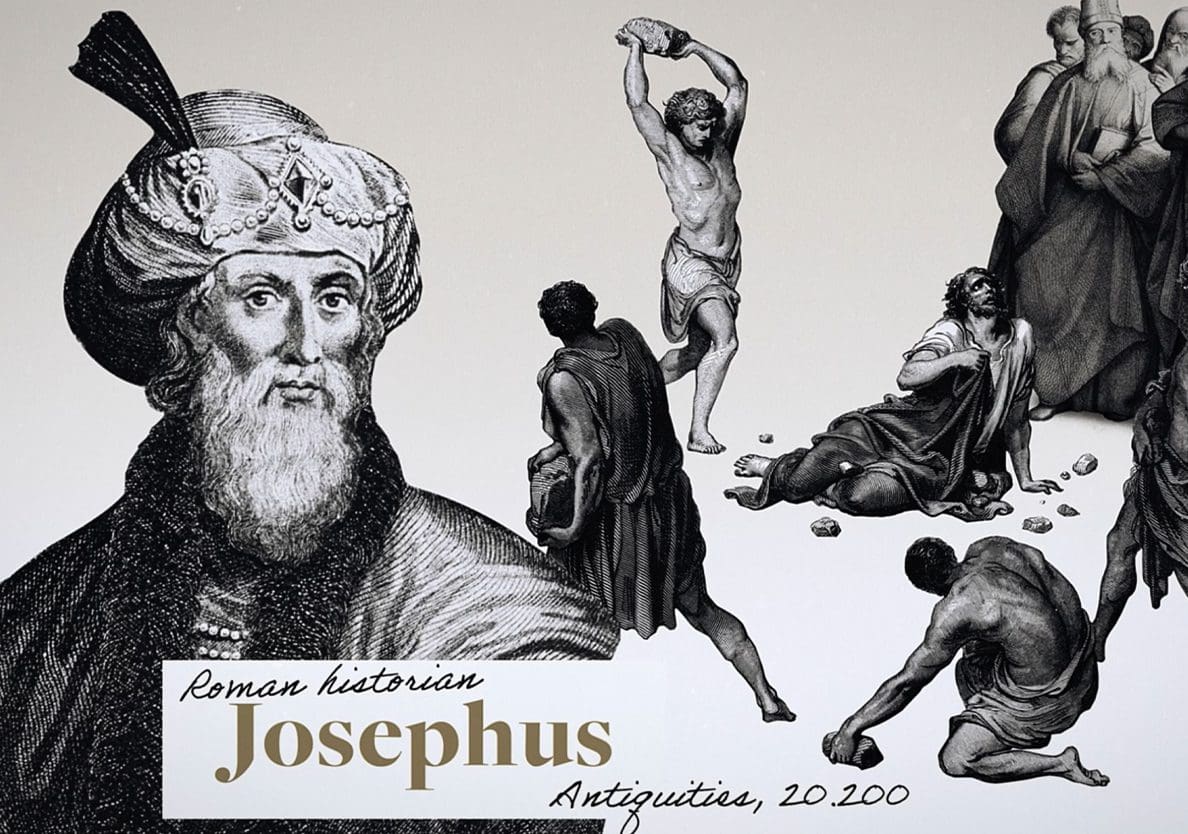
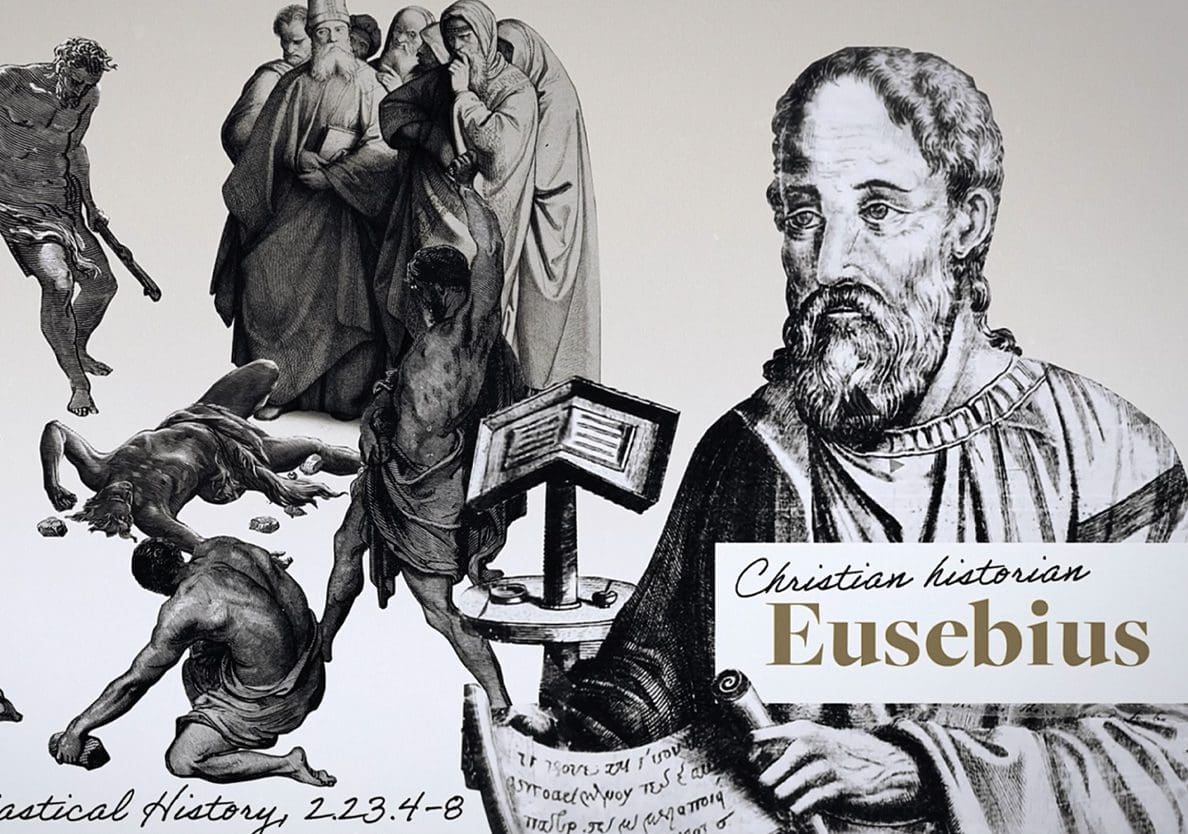
The first century Roman historian Josephus recorded the martyrdom of James calling him the brother of Jesus and saying that he was sentenced to death by the Sanhedrin, who stoned him (Antiquities, 20.200). A later 4th century Christian historian (Eusebius) tells us that an earlier Christian writer (Hegesippus) said that James was pushed off a high edge of the Temple mount where he was standing addressing the crowd, when the fall didn’t kill him, the religious leaders stoned him and finished him off with a club (Ecclesiastical History, 2.23.4-8).
This was a devastating loss for the Jerusalem church, and an addition to the growing list of Christian martyrs.

Corie Bobechko is a daily co-host, speaker, and writer of Bible Discovery. She also hosts a YouTube channel that shows how history and archaeology prove the Bible. Her heart for seekers and skeptics has led her to seek truth and share it with others. Corie also has a Bachelor of Theology from Canada Christian College.



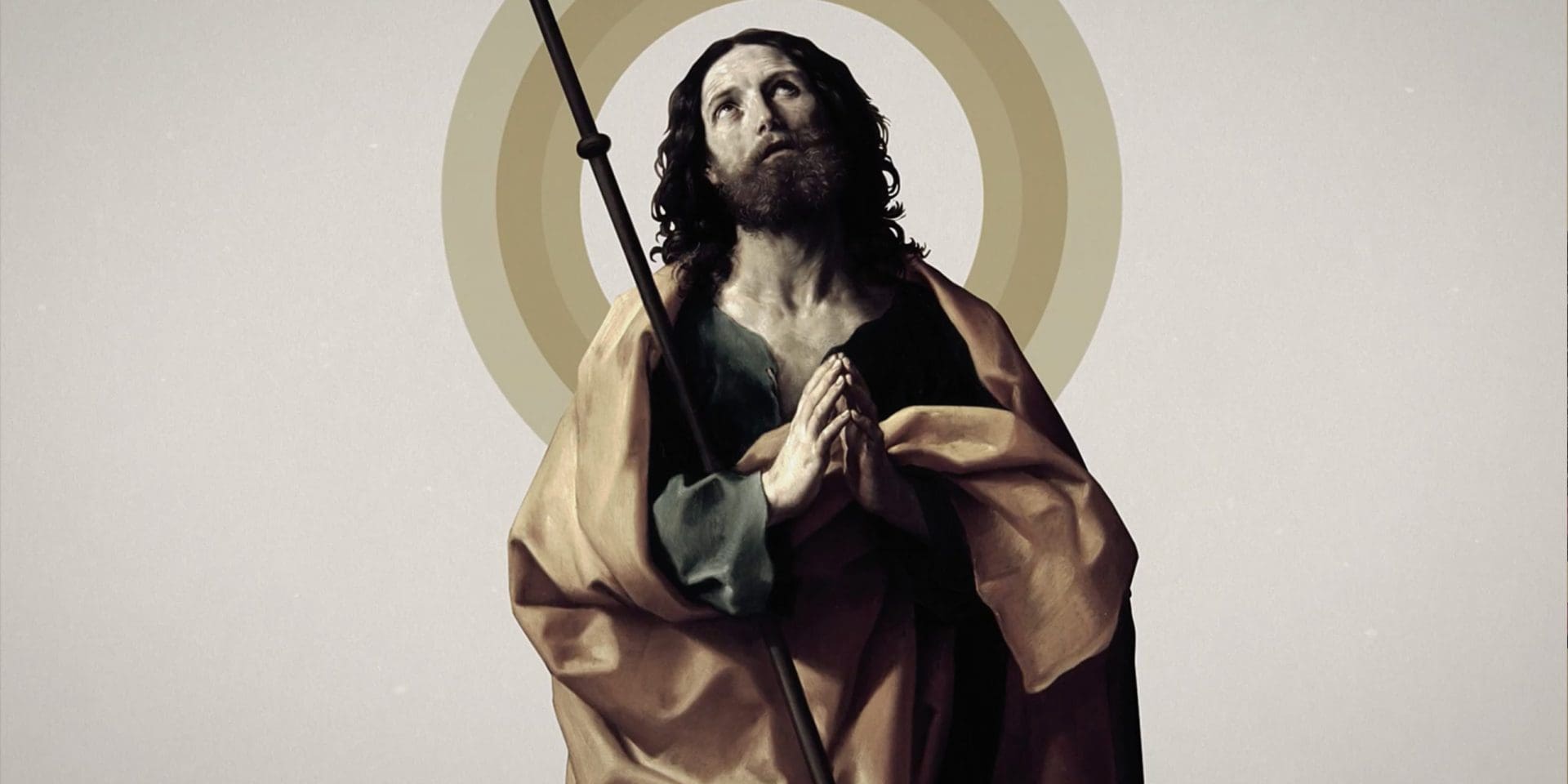
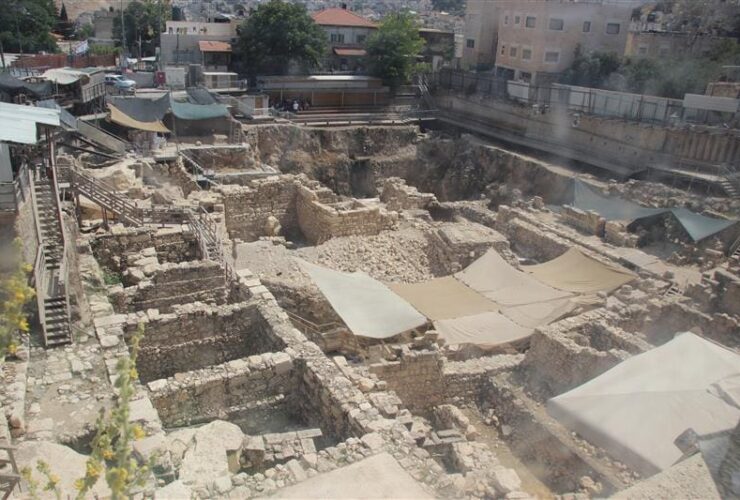
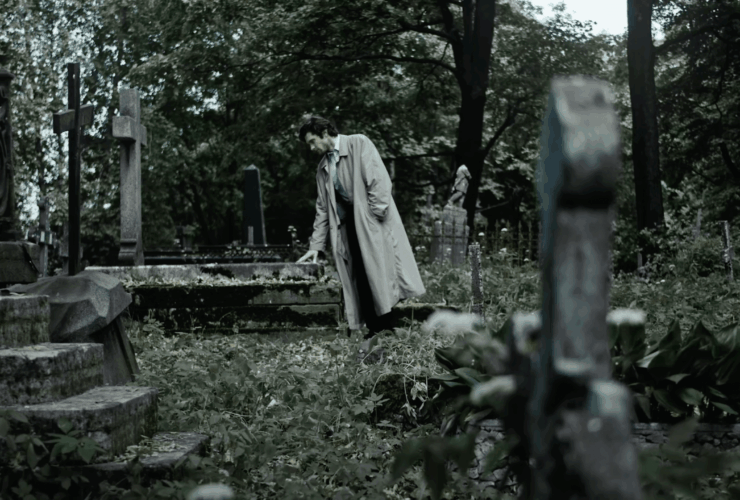

Fantastic massage for seekers
God bless
In those days, brethren, brothers or sisters, could mean cousins, so family, but not necessarily siblings.